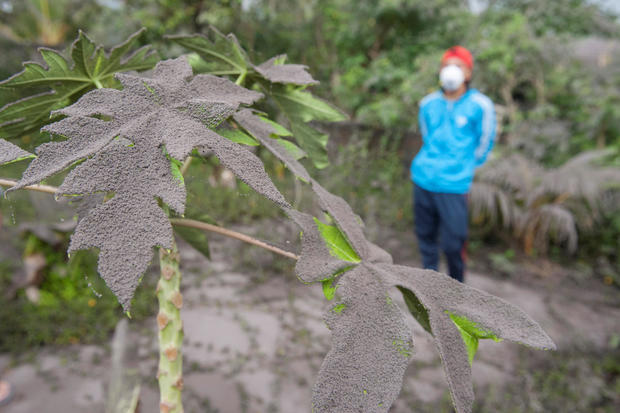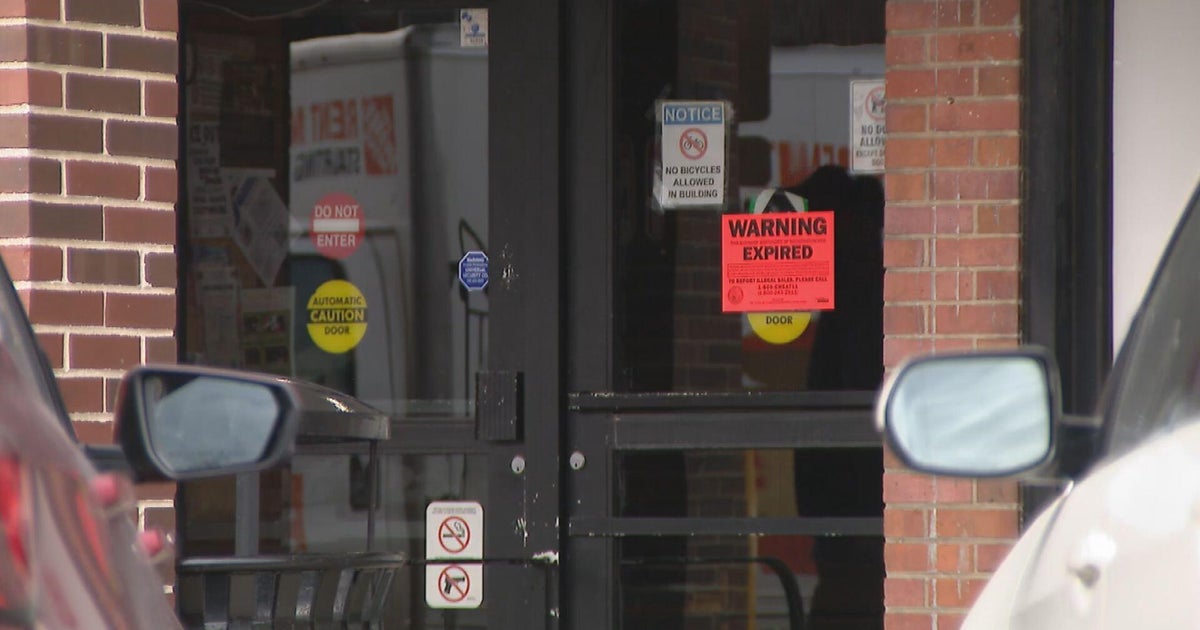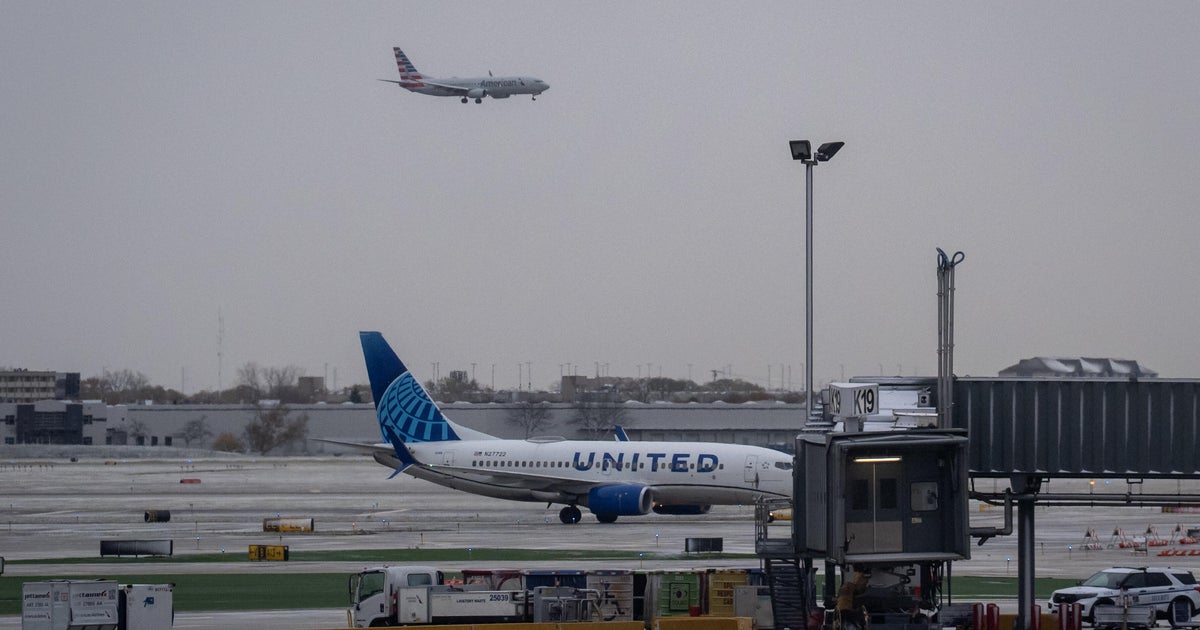Bali's Mount Agung erupts; ash clouds force closure of Lombok airport
KARANGASEM, Indonesia -- A volcano on the Indonesian island of Bali has rumbled to life with eruptions that dusted nearby resorts and villages with ash and forced the closure of the small international airport on neighboring Lombok island as towering gray plumes drifted east.
Mount Agung erupted Saturday evening and three times early Sunday, lighting its cone with an orange glow and sending ash 13,000 feet into the atmosphere.
Sunday evening, authorities in Indonesia raised the alert level to its highest level in Bali and ordered people within 6 miles to leave.
The National Disaster Mitigation Agency said Bali's international airport, where most flights had been continuing, was closed for 24 hours. It said authorities would consider reopening it Tuesday after evaluating the situation.
Disaster officials said ash up to half a centimeter -- less than half an inch -- thick settled on villages around the volcano and soldiers and police had distributed masks.
Geological agency head, Kasbani, who goes by one name, said the alert level was raised at 6 a.m. because the volcano has shifted from steam-based eruptions to magmatic eruptions. However he says he's still not expecting a major eruption.
"We don't expect a big eruption but we have to stay alert and anticipate," he said.
Made Sugiri, an employee at Mahagiri Panoramic Resort, located around 6 miles from the crater, said a thin layer of volcanic ash reached the area.
"We are out of the danger zone, but like other resorts in the region, of course the eruptions cause a decrease in the number of visitors," he said.
"I think these latest eruptions are more dangerous, given the thick clouds it's releasing," he said. "Certainly we worry, but we have to wait and see. Hopefully there is no significant eruption."
Government volcanologist Gede Suantika said a red-yellow light visible in ash above the mountain was the reflection of lava in the crater. Suantika said Agung could spew ash for at least a month but did not expect a major eruption.
Bali is Indonesia's top tourist destination, with its gentle Hindu culture, surf beaches and lush green interior attracting about 5 million visitors a year. Nearby Lombok is relatively undeveloped as a tourist destination, receiving fewer than 100,000 international visitors a year.
"Tourism in Bali is still safe, except in the danger (zone) around Mount Agung," Indonesia's Disaster Mitigation Agency said in a statement, BBC News reports.
Australian airline Jetstar, which canceled nine flights to and from Bali on Saturday evening, said most of its flights would operate normally Sunday after its senior pilots assessed it was safe to fly. However, it warned that the movement of ash cloud is highly unpredictable and that flights could still be canceled at short notice. Virgin, KLM and AirAsia Malaysia also canceled several flights on Saturday and AirAsia canceled more than 30 flights on Sunday.
Several thousand people were affected by Saturday's flight cancellations.
"We weren't notified by Jetstar in advance of us getting here (to Bali's airport)," said Australian tourist George Bennick. "So we are very disappointed about that."
Agung also had a minor eruption on Tuesday, but authorities have not raised its alert status from the second-highest level, which would widen the exclusion area and prompt a large evacuation of people.
About 25,000 people have been unable to return to their homes since September, when Agung showed signs of activity for the first time in more than half a century.
The volcano's last major eruption, in 1963, killed about 1,100 people.
Indonesia sits on the "Pacific Ring of Fire" and has more than 120 active volcanoes.
Mount Agung's alert status was raised to the highest level in September following a dramatic increase in tremors from the volcano, which doubled the exclusion zone around the crater and prompted more than 140,000 people to leave the area. The alert was lowered on Oct. 29 after a decrease in activity.
BBC News reported Sunday that, according to officials and volcanologists, magma -- molten rock -- has been detected close to the surface of the volcano.





